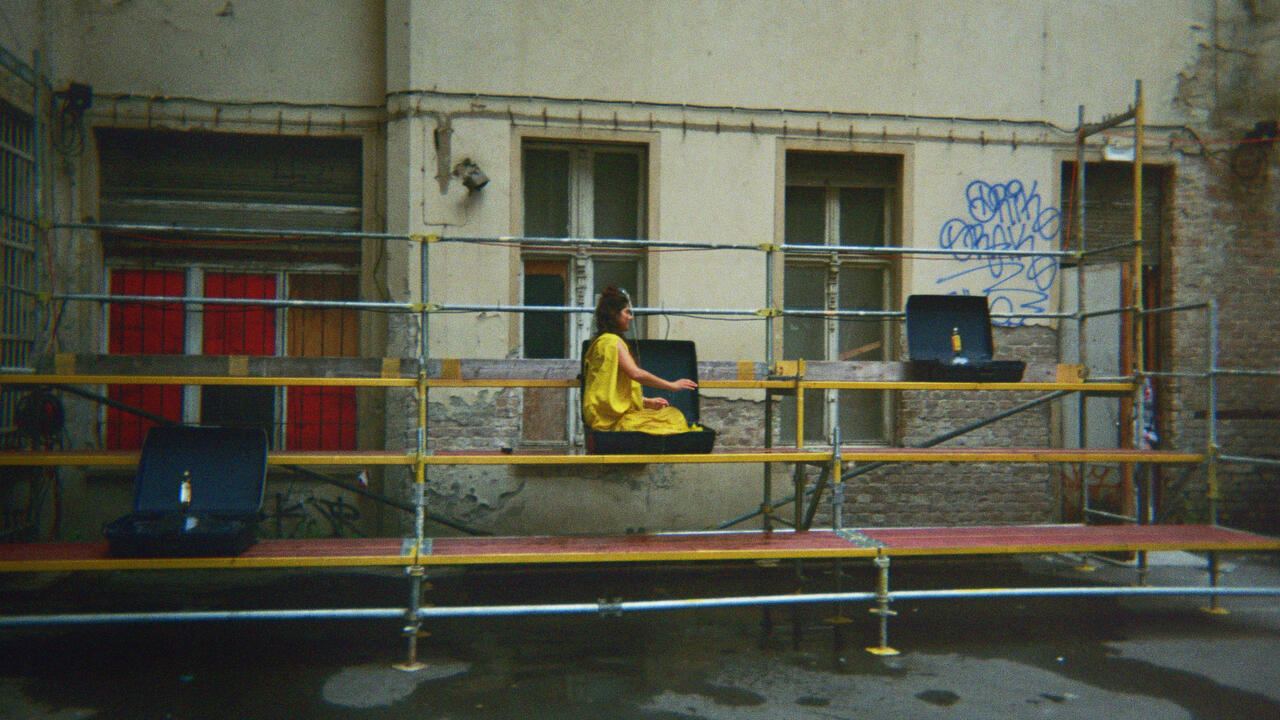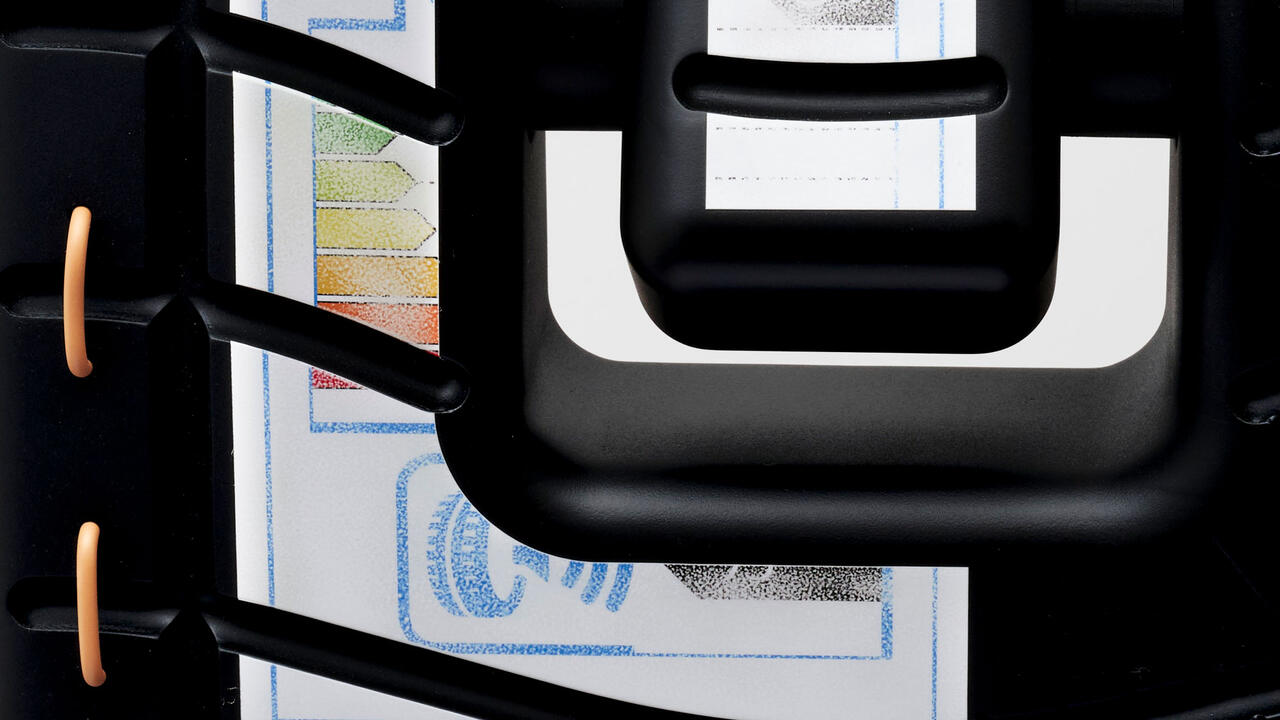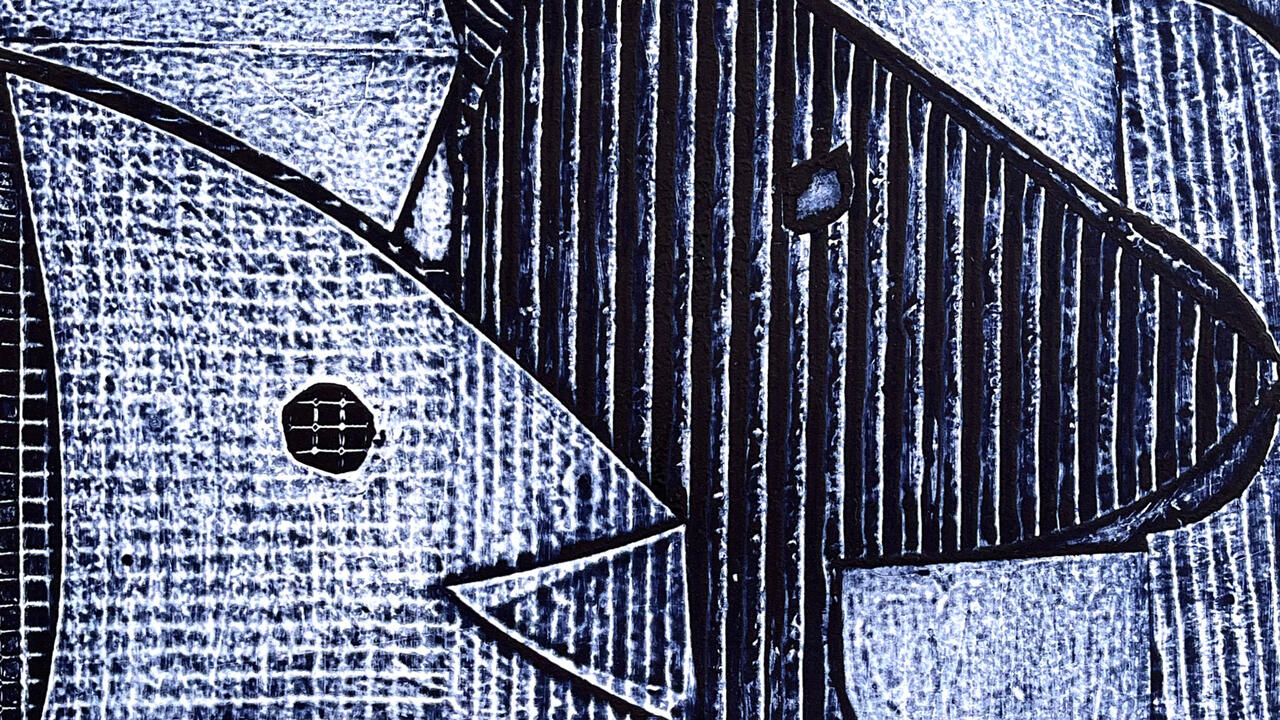Profit of Doom
The recent boom in prediction markets has added a streak of clinical capitalism to the prophecy industry
The recent boom in prediction markets has added a streak of clinical capitalism to the prophecy industry

If you want to know what 2006 will bring, it may be better to watch the money than the stars. The recent boom in prediction markets has added a welcome streak of clinical capitalism to the prophecy industry, which has long laboured under antiquated astrological and soothsaying techniques.
At Newsfutures, the Tech Buzz Game, InTrade and the Hollywood Stock Exchange thousands of different predictions, on subjects ranging across finance, politics, technology and entertainment, are made by the collective guesswork of investors. On these markets you can buy and sell futures in stocks as varied as avian flu outbreaks, the ousting of Robert Mugabe or the slow decline of Orlando Bloom’s career, and then you can scour the market prices to assess the probability of an event taking place. Such markets are a prime example of our current enthusiasm for the wisdom of crowds, for once a market involves many people investing their own money the predictions are often significantly more accurate than those provided by a few disinterested specialists. The untrained punters of the Iowa Electronic Markets, for example, have consistently outperformed professional opinion polls in predicting the results of American presidential elections.
It is interesting that the sudden growth in prediction markets in 2005 coincided with a particularly disastrous year of natural catastrophes. Indeed the number of disaster markets that have sprung up and invested in hurricanes or earthquakes has imbued what is essentially a democratic, capitalistic endeavour with just a hint of biblical fire and brimstone. This is not mere coincidence, for there is a real affinity between the prediction markets and the traditional Christian enthusiasm for apocalyptic prophesy. Prediction markets may gain their power through the financial gain imparted to their investors, but it should not be forgotten that religious futures are equally self-serving. For a small investment of faith believers are offered an anticipatory spiritual dividend paid out every day until the market closes. As Samuel Butler admitted in his Notebooks (1912): ‘What is faith but a kind of betting or speculation after all? It should be: ‘“I bet that my Redeemer liveth.”’
Despite the markets’ popularity, there is still a certain squeamishness in allowing this new breed of prophet–investors to bet on certain events. In 2003 the US government daringly tried to create the Policy Analysis Market – through which members of the public could place bets on, say, the likelihood of a bio-terrorist attack on the New York subway – in order to predict terrorist incidents. The government’s reasoning was sound, but it was accused of being ‘morally repugnant’ and of betting on other people’s deaths. Admittedly the market would have been subject to a particularly virulent form of insider trading if the terrorists themselves had decided to have a flutter on their own handiwork, but the morality behind it was not significantly different from that being practised everyday in the field of life insurance.
Betting on the deaths of others is, however, exactly the point of a rather specialist subdivision of prediction markets known as ‘death pools’. Thousands of websites with names such as Rotten.com, Cash4Cadavers.com, Stiffs.com and the Game Gazette allow one to bet on the likelihood of well-known people dying in the upcoming year. Arranged in the style of a basic tournament rather than as a constantly updated market, more points are awarded the younger a chosen person is when they die. Such is the popularity of death pools that many side markets have sprung up around them, dealing in celebrity rehab, divorce and arrests. You can even bet on the demise of famous animals. Although death pools would appear to be a rather callous offshoot of prediction markets, they actually have a much older history than their straighter competitors. The earliest recorded reference to one dates back to 1591, when the recently elected Pope Gregory XIV threatened to excommunicate all those found wagering on his demise. Unfortunately his edict did not aid his longevity, as he died just ten months after issuing it.
The death pool was taken to its logical conclusion by Jim Bell, a libertarian cypherpunk (a small but significant offshoot of internet cyberpunks who are obsessed with cryptographic issues), when he suggested the creation of an assassination market. In his online essay ‘Assassination Politics’ (1996) Bell wrote of a digitally encrypted market in which people bet on the date of death of a government employee. If he or she died, the person who predicted the exact date would receive all the money invested in the market up to that time. What Bell hoped was that, as the sum of money invested in the government employee’s death grew, so would the likelihood that someone would want to make their prediction come true. Bell never had the chance to test his theory: not long after proposing it he was arrested and jailed for ten years for intimidating federal agents. However, his imagined market offers the intriguing suggestion that maybe prediction can be more than just analytical guesswork. What would happen if our conjectures actually began to shape the future?






















